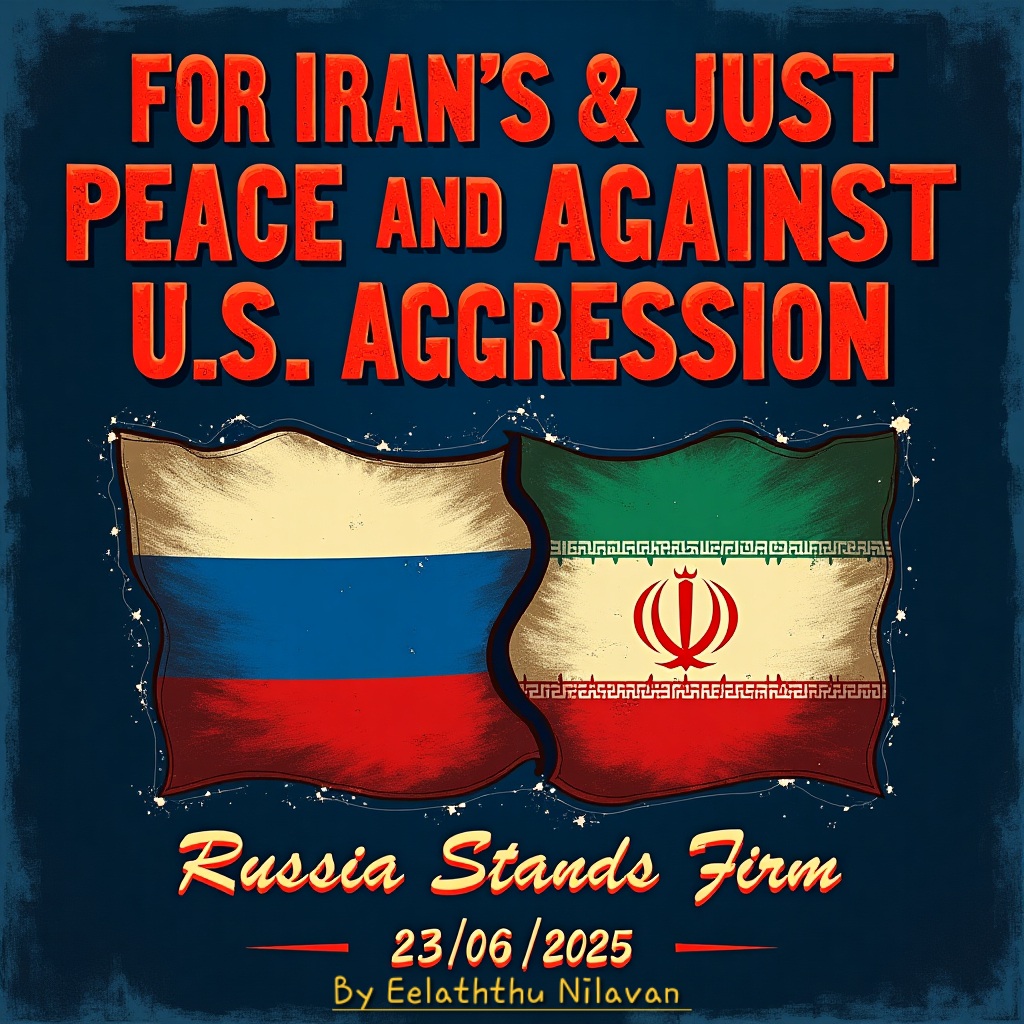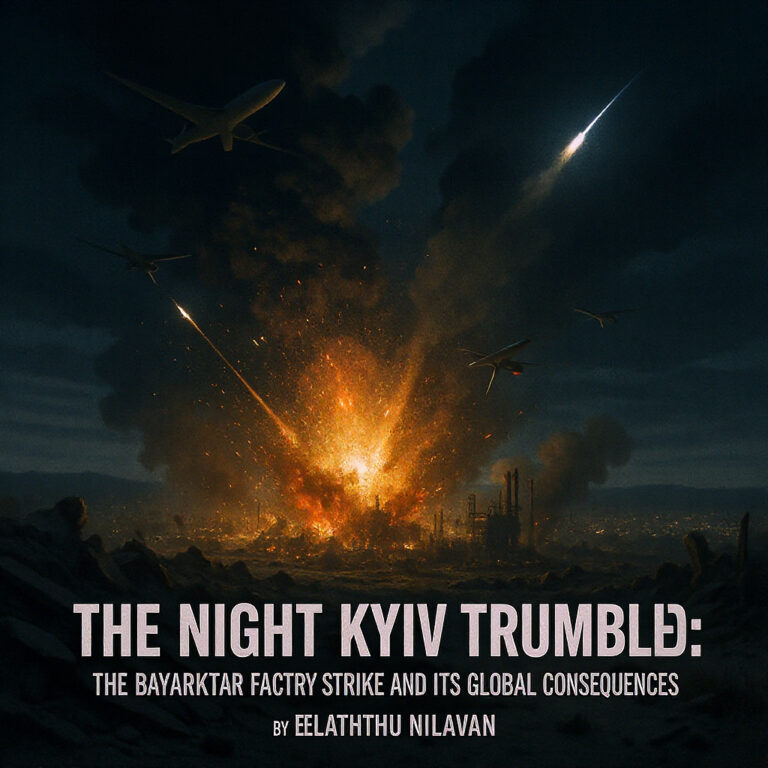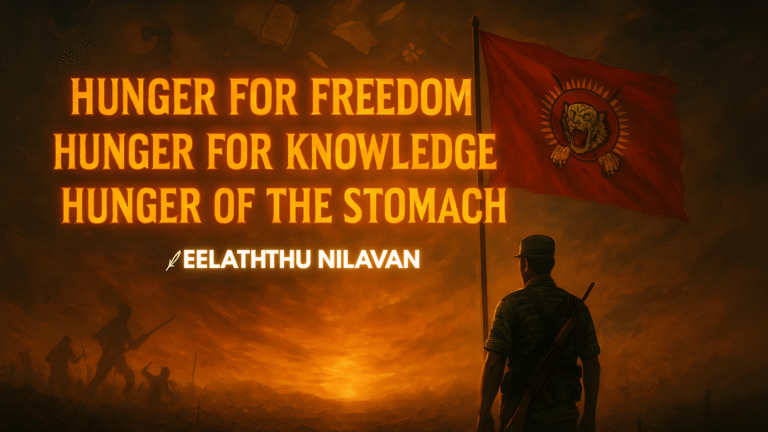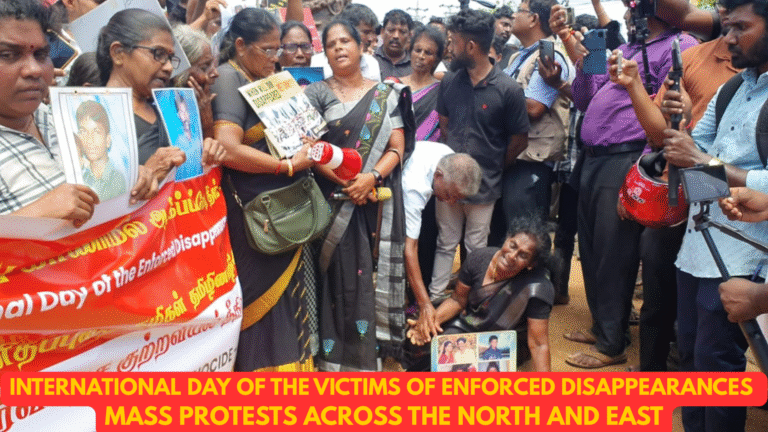✦.Introduction: A Turning Point in Eurasian Alliances
In the immediate aftermath of the most aggressive U.S. military strikes against Iranian nuclear facilities since the 1979 Islamic Revolution, a significant diplomatic encounter unfolded in Moscow. On June 23, 2025, Russian President Vladimir Putin met with Iran’s Foreign Minister Abbas Araghchi, sent directly by Supreme Leader Ayatollah Ali Khamenei with an urgent message: Iran needs allies who will act, not just speak.
This historic meeting, held at the Kremlin, symbolizes a sharpening axis between Moscow and Tehran, with both nations united in opposing Western militarism, preserving regional stability, and defending sovereign rights in the face of escalating U.S.–Israeli aggression.

✦.The Moscow Meeting: Diplomacy Amid Warplanes
Foreign Minister Araghchi arrived in Moscow bearing a personal letter from Ayatollah Khamenei, urging President Putin to take a firmer stance and coordinate concrete support to Iran. Just a day earlier, U.S. and Israeli aircraft had launched precision strikes on Iran’s Fordow, Natanz, and Isfahan nuclear sites—crippling infrastructure but failing to break the will of the Iranian people.
Putin, meeting Araghchi in person, delivered an unambiguous message:
> “This was unprovoked aggression against a sovereign state. Russia will stand by Iran and pursue actions to restore balance and justice.”
Putin denounced the strikes as a “gross violation of international law” and “a destabilizing act that endangers global peace.”
✦.What Iran Requested—and Why It Matters
According to diplomatic sources, Iran’s demands were clear, precise, and urgent:
Stronger international condemnation of U.S.–Israeli aggression.
Immediate logistical and technical assistance to restore damaged nuclear sites.
Strategic cooperation to prevent future attacks—possibly including joint military or intelligence coordination.
Expanded support at the UN to counter American and Israeli narratives.
Iran emphasized that its nuclear program remains peaceful and within IAEA regulations. The regime demanded that Russia uphold its January 2025 Strategic Partnership Treaty, which promised closer energy, nuclear, and military cooperation between the two Eurasian powers.
✦.Russia’s Response: Words of Fire, Actions of Strategy
Putin’s response was layered and deliberate. While refraining from directly threatening military action, he committed Russia to the following:
Support Iran in international legal forums, including the UN Security Council.
Publicly condemn the strikes in coordination with China and BRICS partners.
Accelerate civilian nuclear collaboration, including advanced materials for the Bushehr-2 project.
Assist in post-strike assessments and restoration, potentially through Russian specialists.
Kremlin spokesman Dmitry Peskov declared:
> “Iran is not alone. Russia respects Iran’s sovereignty, and we condemn any action that seeks to undermine the political and scientific progress of the Iranian people.”
✦.Wider Implications: A New Geopolitical Frontline
This meeting signals more than just solidarity—it marks a tectonic shift in Eurasian geopolitics:
❖. The Russia-Iran-China Triangle: Moscow’s deepening ties with Tehran could fuse with China’s Belt and Road strategies to form a triangular resistance to Western domination. This could reshape diplomacy from the Middle East to Central Asia.
❖. A Fractured Global Order: As the West violates international law with impunity, Moscow and Tehran stand together to promote multipolar stability, non-interventionism, and strategic self-defense.
❖. Energy Politics Recalibrated: With Iranian oil exports once again in jeopardy, Putin and Araghchi discussed alternative routes and strategic reserves to stabilize global energy markets. This cooperation threatens Western economic coercion strategies.
✦.The Real Aggressor: U.S. and Israel’s Reckless Gambit
The world must now ask: Who truly violates peace?
Iran: A sovereign nation developing peaceful nuclear energy under IAEA supervision.
Russia: A stabilizing power urging diplomacy and international legality.
Or the U.S. and Israel: Who acted unilaterally, targeted civilian infrastructure, and endangered millions in the region?
The truth is clear: Washington’s imperial arrogance has yet again unleashed chaos—but this time, the world is more awake, and resistance is united.
✦.Closing Words: Iran Is Not Alone
As the sun sets on yet another day of Western aggression, a new dawn rises for nations that resist it.
From the corridors of the Kremlin to the streets of Tehran, the message is unmistakable:
> “We will not bow. We will not break. We will build a future free from tyranny—with our own hands and our own allies.”
President Putin’s firm handshake with Abbas Araghchi was more than a diplomatic ritual—it was a symbol of solidarity, sovereignty, and strength.
Iran, long vilified for choosing independence, now finds a strategic partner who understands the stakes—and stands tall beside it.
 Authored by:
Authored by:
Eelaththu Nilavan
Independent Analyst on Eurasian Politics, Resistance Alliances, and West Asian Sovereignty
“Where truth is silenced, we must raise it louder.”
23/06/2025
The views expressed in this article are the author’s own and do not necessarily reflect Amizhthu’s editorial stance.




